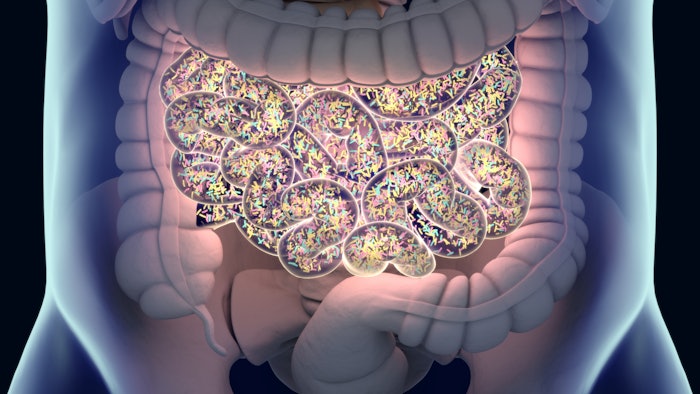Targeted Inhibition of Gut Microbial Trimethylamine N-Oxide Production Reduces Renal Tubulointerstitial Fibrosis and Functional Impairment

Abstract

Objective:
Gut microbial metabolism of dietary choline, a nutrient abundant in a Western diet, produces trimethylamine (TMA) and the atherothrombosis- and fibrosis-promoting metabolite TMA-N-oxide (TMAO). Recent clinical and animal studies reveal that elevated TMAO levels are associated with heightened risks for both cardiovascular disease and incident chronic kidney disease development. Despite this, studies focusing on therapeutically targeting gut microbiota-dependent TMAO production and its impact on preserving renal function are limited.
Approach and Results:
Herein we examined the impact of pharmacological inhibition of choline diet-induced gut microbiota-dependent production of TMA, and consequently TMAO, on renal tubulointerstitial fibrosis and functional impairment in a model of chronic kidney disease. Initial studies with a gut microbial choline TMA-lyase mechanism-based inhibitor, iodomethylcholine, confirmed both marked suppression of TMA generation, and consequently TMAO levels, and selective targeting of the gut microbial compartment (ie, both accumulation of the drug in intestinal microbes and limited systemic exposure in the host). Dietary supplementation of either choline or TMAO significantly augmented multiple indices of renal functional impairment and fibrosis associated with chronic subcutaneous infusion of isoproterenol. However, the presence of the gut microbiota-targeting inhibitor iodomethylcholine blocked choline diet-induced elevation in TMAO, and both significantly improved decline in renal function, and significantly attenuated multiple indices of tubulointerstitial fibrosis. Iodomethylcholine treatment also reversed many choline diet-induced changes in cecal microbial community composition associated with TMAO and renal functional impairment.
Conclusions:
Selective targeting of gut microbiota-dependent TMAO generation may prevent adverse renal structural and functional alterations in subjects at risk for chronic kidney disease.
Full text of this article is available at https://www.ahajournals.org/doi/10.1161/ATVBAHA.120.314139